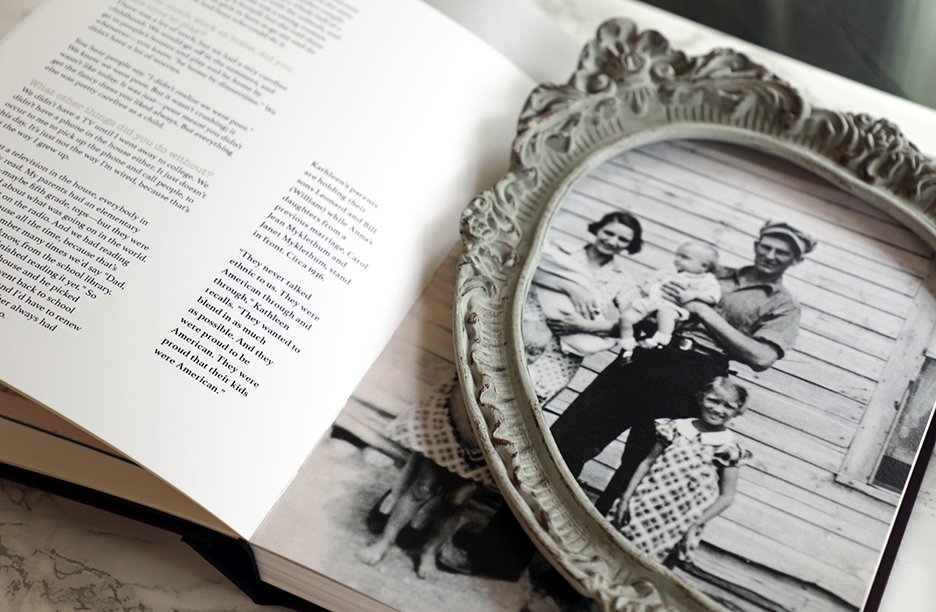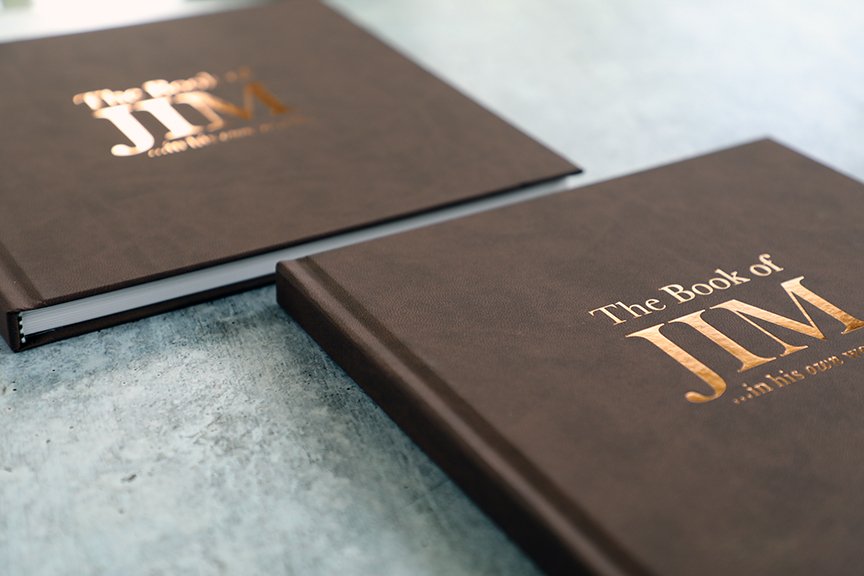Memoir resources for when you’re staring down a blank page
Even the most seasoned writer sometimes feels hopeless when they sit down to write and nothing comes. “But we have this tool, this ability to begin again. Every sentence is new. Every paragraph, every chapter, every book is a country we’ve never been to before,” Dani Shapiro writes in Still Writing, a wonderfully small tome I recommend having on hand for quick hits of inspiration during your writing journey.
Embarking on a memoir-writing journey can be both rewarding and challenging. While I work with many clients one-on-one to bring their memoirs to fruition (from working as a writing coach to editing the manuscript you’ve already prepared, from conducting personal history interviews to crafting a narrative from those interviews), I also strive to share resources for those of you who prefer the DIY route.
Here, I’ve curated some of the most popular writing resources from the Modern Heirloom Books blog over the years. Hopefully you’ll find help for what challenges you—and if not, please do let me know where you are struggling, and I’ll do my best to share guidance on that topic in a future post!
Note: There are lots of memoir teachers and courses out there. The tips I provide are most often geared to folks who want to preserve their stories but don’t normally consider themselves a writer. Is that you? If so, don’t stress—once you find your way into writing (see below 😉), you will become a writer.
7 writing resources for beginning memoirists
1. Develop personalized writing prompts.
Creating your own life writing prompts can help overcome blank-page anxiety and keep your memoir ideas flowing. By following five simple steps, you can draft a library of personalized prompts that resonate with your unique experiences. Read more.
2. Engage in focused writing exercises.
To generate new autobiographical content, try simple writing exercises that prompt reflection and creativity. For instance, setting a timer for eight minutes and jotting down as many one-sentence memoirs as possible can spark ideas for future writing. Read more.
3. Overcome writing obstacles.
It's common to feel stuck during the memoir-writing process. Acknowledging these challenges and finding relatable experiences from other writers can provide motivation and strategies to move forward. Read more.
4. Utilize voice recording for storytelling.
If writing feels daunting, consider speaking your stories aloud and recording them. This approach allows you to preserve your personal history without the pressure of writing, capturing the natural rhythm and emotion of your narratives. Read more.
5. Shift your perspective on memoir writing.
Reframing the concept of memoir writing can alleviate pressure. Instead of viewing it as a formal endeavor, consider it as simply writing about your life. This mindset shift can make the process more approachable and authentic. Read more.
6. Don’t use research as an excuse to procrastinate.
While conducting research for your memoir is essential, it’s important to recognize when to transition from research to writing. Identifying signs that your research is sufficient—and not just a crutch to remain busy in the face of a blank page—can help you focus on crafting your narrative without unnecessary delays. Read more.
7. Create a Life Timeline
Developing a life timeline can serve as a handy tool for memoirists, helping to orient you in time when writing or sharing stories orally. This chronological framework ensures that significant events and transitions are thoughtfully incorporated into your memoir, yes—but it also becomes a reliable cheat sheet for writing ideas when you’re lacking inspiration. Read more.







































A book that captures your legacy should be designed with longevity in mind, so it remains engaging and accessible for generations. It should be beautiful, too.